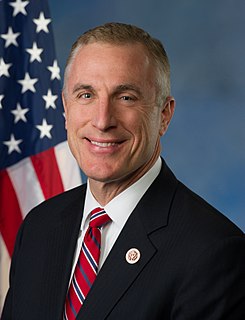A Quote by Ann Cotton
For the poor, learning to manage money well is central to improving their lives.
Related Quotes
Learning from our mistakes is critical for improving, but even I don't have patience for ranking my regrets. Regret is a negative emotion that inhibits the optimism required to take on new challenges. You risk living in an alternative universe, where if only you had done this or that differently, things would be better. That's a poor substitute for making your actual life better, or improving the lives of others. Regret briefly, analyze and understand, and then move on, improving the only life you have.
More paper money cannot make a society richer, of course, – it is just more printed-paper. Otherwise, why is it that there are still poor countries and poor people around? But more money makes its monopolistic producer (the central bank) and its earliest recipients (the government and big, government-connected banks and their major clients) richer at the expense of making the money's late and latest receivers poorer.
If the "rich" were swarming into poor neighborhoods and beating the poor until they coughed up the dimes they swallowed for safekeeping, yes, this would be a transfer of income from the poor to the rich. But allowing taxpayers to keep more of their money does not qualify as taking it from the poor - unless you believe that the poor have a moral claim to the money other people earn.
Even though it is the case that poverty is linked to AIDS, in the sense that Africa is poor and they have a lot of AIDS, it's not necessarily the case that improving poverty - at least in the short run, that improving exports and improving development - it's not necessarily the case that that's going to lead to a decline in HIV prevalence.


































